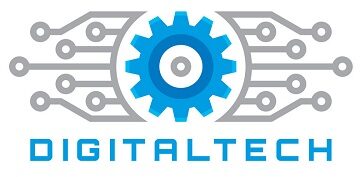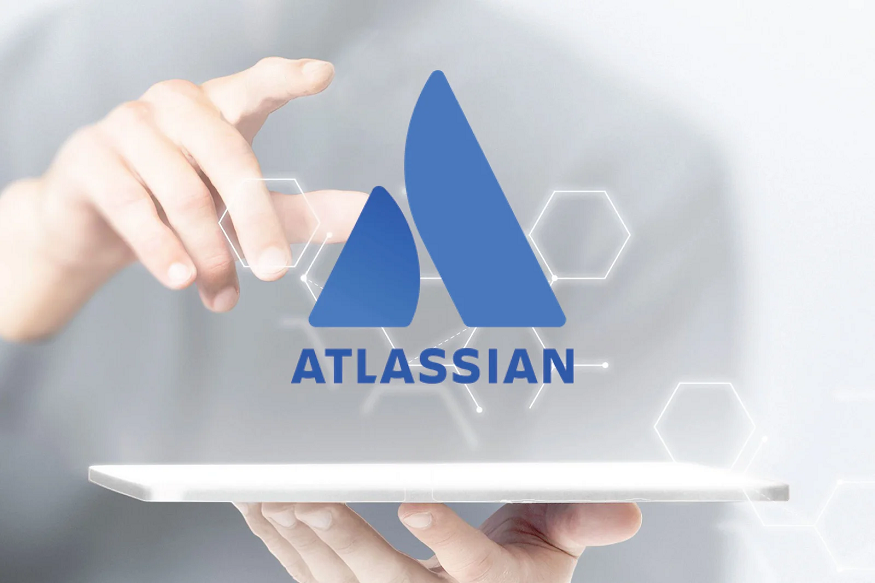
Investing in a new data storage system can take a toll on your capital. Businesses obviously have to buy storage to meet their current needs. But they also have every interest in planning their expenses according to the future storage capacity they anticipate.
Of course, with the rapid pace of digital transformation, it can be difficult to predict your future storage needs. This can lead you either to purchase an insufficient amount of storage, in which case you risk lacking performance or running out of capacity, or to invest in excessive amounts, which could tie up financial resources that could have been spent on best use.
But let’s start by reviewing a few things to consider before assessing your current situation.
What to consider when making your purchase decision?
Every organization has unique data storage needs, so it’s important to start with a thorough assessment. What type of data do you need to store? What are your backup and recovery needs? Make sure you understand your business needs in each of the following areas:
Storage capacity requirements
Will you store structured data produced by your customer relationship management (CRM) systems? Or do you need to capture large volumes of unstructured data instead, such as documents or audio, video and image files? You may also need to stock a combination of the two. Unstructured data is booming; if you are going to generate, store and analyze this type of data, then you should consider investing in large, fast storage capacities. This partly explains why the retail industry needs on-demand storage solutions more than ever .
Backup and recovery needs
An effective backup solution must protect your organization from the risk of data loss due to accidental deletions, natural disasters or human error. Do you need to multiply the copies of your data or backups? Can a local backup suffice? Or will you also need an offsite backup?
You should also assess the recovery time you will need in the event of an incident. How quickly will you need to be able to access your backed up data, and what recovery points and recovery times would work best for your business? Each of these factors will help determine the type of storage you should buy.
IT support
Installing and managing some storage solutions requires specialized knowledge. Although larger companies usually have in-house IT experts, SMEs are often more resource constrained. It is therefore important to ensure that you have the quantity of qualified IT staff you need, no more and no less, to manage the solution you have chosen.
Performance needs
By purchasing the type of storage that truly meets its needs, your organization is able to optimize the performance of its databases and other storage-dependent applications. Does your storage solution need to be fast? Again, the answer depends on your specific needs. Are you planning to run powerful algorithms on Big Data? Do you want to move more compute resources to the edge and exploit 5G capabilities ? Consider both the amount and type of apps you use, not to mention your specific data storage needs.
Agility and scalability
Agility is at the heart of digital transformation All companies aspire to bring innovative products and services to market as quickly as possible, because it is by having the possibility to quickly change course in response to fluctuations in the market or customer demand. It is therefore essential to assess the degree of scalability you need for your storage solution.
How quickly do you need to react to an increase in storage resource requirements? Do you need to respond to them in real time? Do you have to modulate your capacity according to seasonal peaks and off-peak periods? Take the time to answer all these questions: your reflection will direct you to the storage solution that suits you best.
Your organization’s budget
The budget you have is another factor that will influence the type of storage solution you choose. Some solutions require upfront investment, ongoing expenses, IT staff training, and overhead costs. If you are constrained by budget constraints, it may be a good idea to opt for either a storage solution that will involve lower upgrade costs, or one that gives you the option of paying only for the storage capacity you need. you need.
Common storage solutions
Considering all that we have said, the best approach is to invest in a solution that takes into account all these aspects and is also able to adapt to your organizational and budgetary requirements, while meeting the needs of your data. and workloads. You have the choice between different types of storage:
DAS system (Direct Attached Storage) : this is a digital storage system directly connected to a computer or server. Hard drives, solid-state drives, optical media (CDs, DVDs), and tape storage systems are examples of DAS systems. DAS storage solutions are ideal for small businesses with tight budgets looking for high performance storage at lower costs.






